U.S. Renewable Energy Factsheet
4.5 (259) In stock
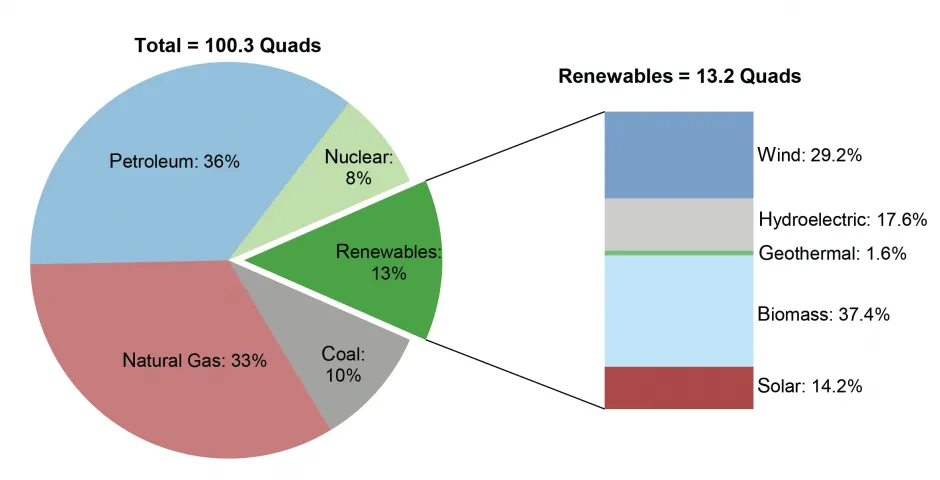
Patterns of Use While energy is essential to modern society, most primary sources are unsustainable. The current fuel mix is associated with a multitude of environmental impacts, including global climate change, acid rain, freshwater use, hazardous air pollution, and radioactive waste. Renewable energy has the potential to meet demand with a much smaller environmental footprint and can help to alleviate other pressing problems, such as energy security, by contributing to a distributed and diversified energy infrastructure.

Fact Sheet, Jobs in Renewable Energy and Energy Efficiency (2013), White Papers

Why we shouldn't leave out biofuels in the energy transition - Leaders In Energy

SWOT analysis: A framework for comprehensive evaluation of drivers and barriers for renewable energy development in significant countries - ScienceDirect
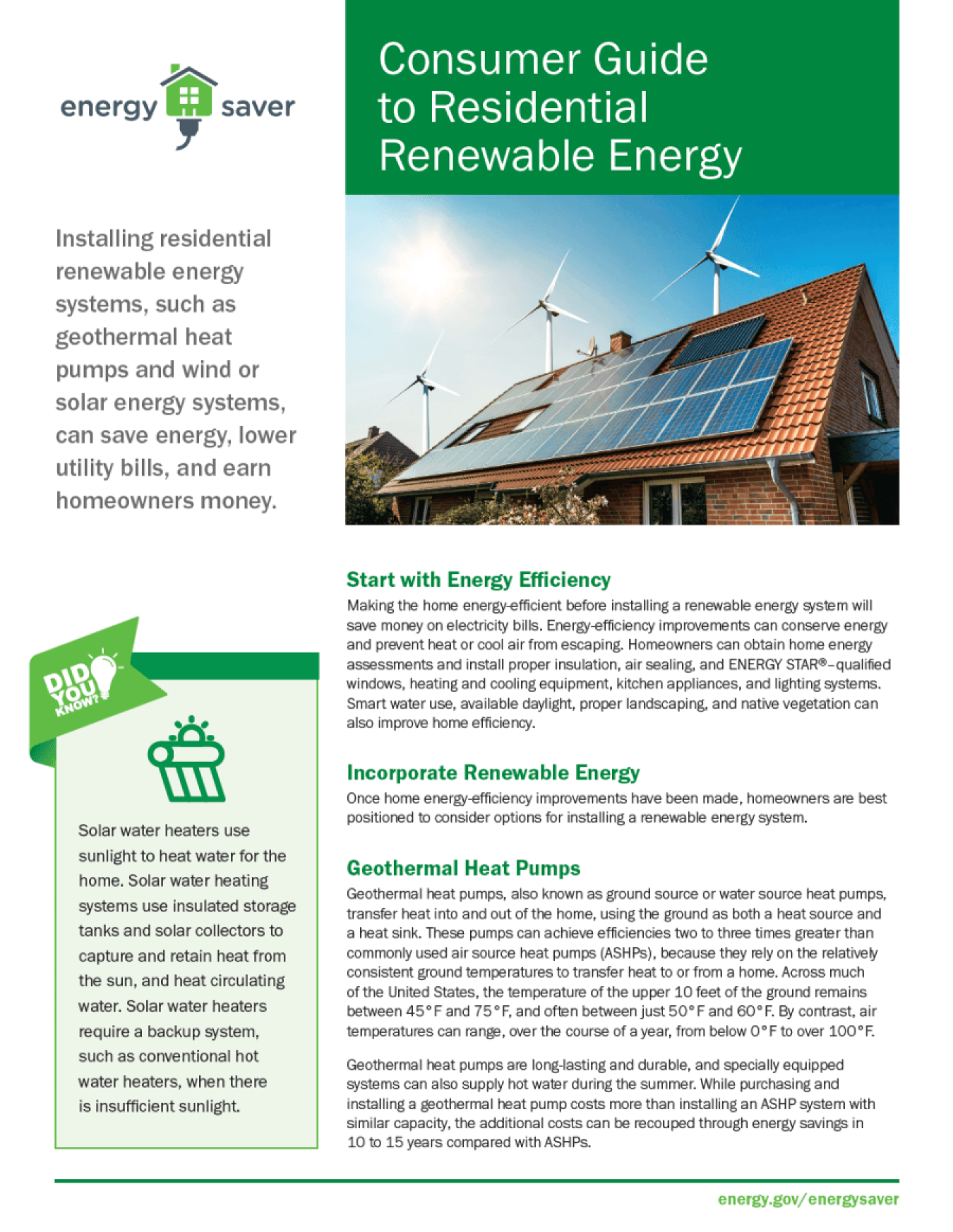
Consumer Guide to Residential Renewable Energy Fact Sheet

Building Energy Performance Standards (BEPS) Fact Sheet - Baumann Consulting

Renewable energy in the United States - Wikiwand

What is the role of Digitalization and AI in Energy Sustainability?
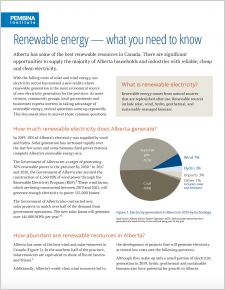
Renewable energy — what you need to know
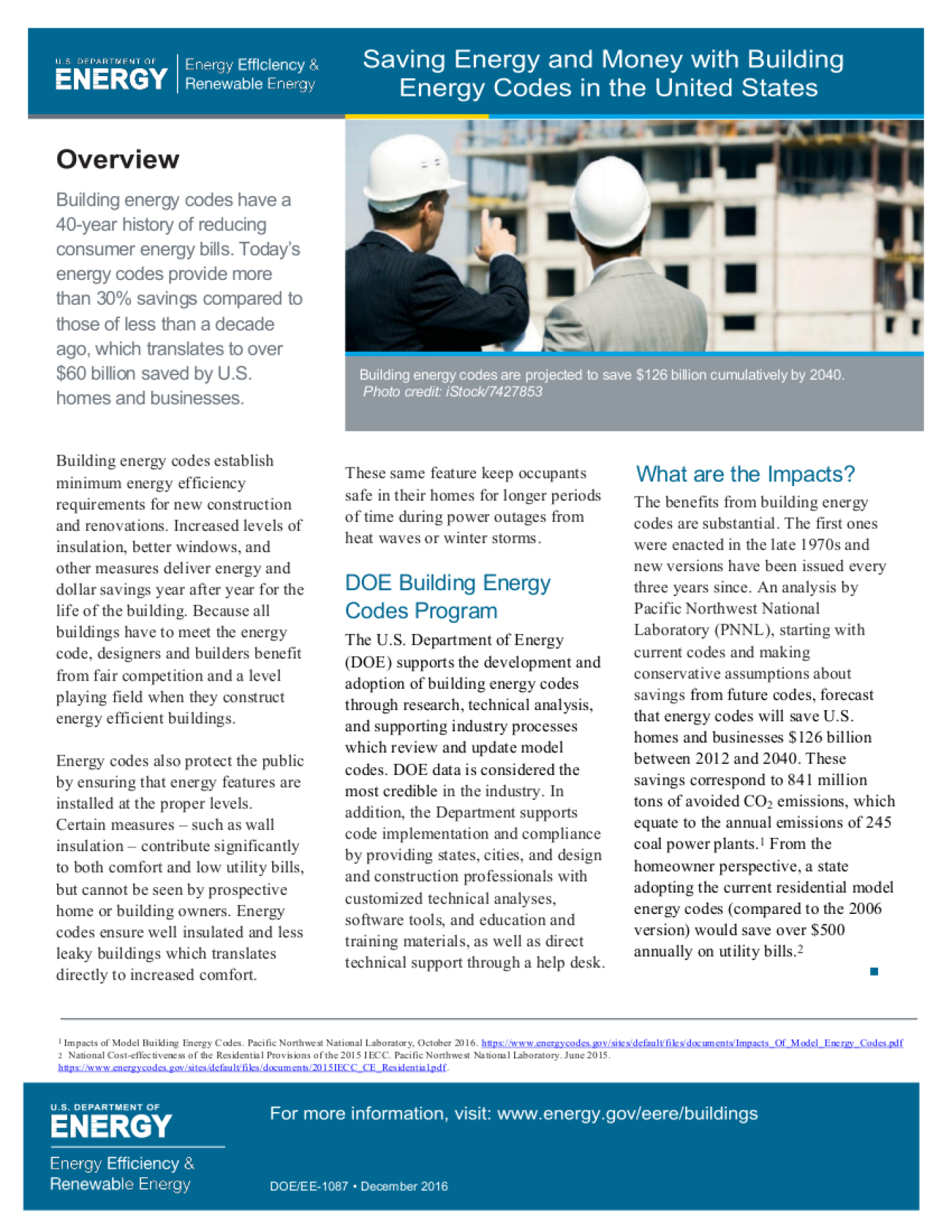
Fact Sheets Department of Energy
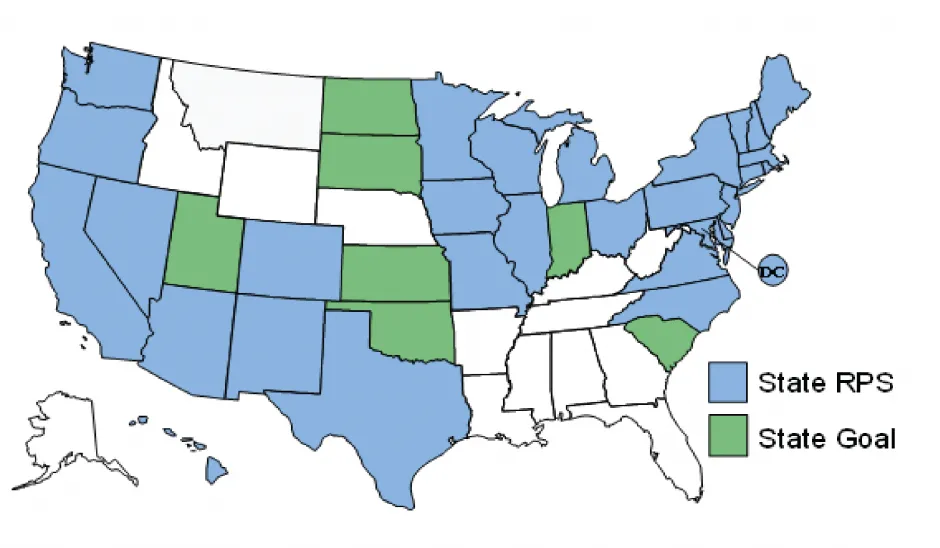
U.S. Energy System Factsheet Center for Sustainable Systems

PDF) SWOT analysis: A framework for comprehensive evaluation of drivers and barriers for renewable energy development in significant countries
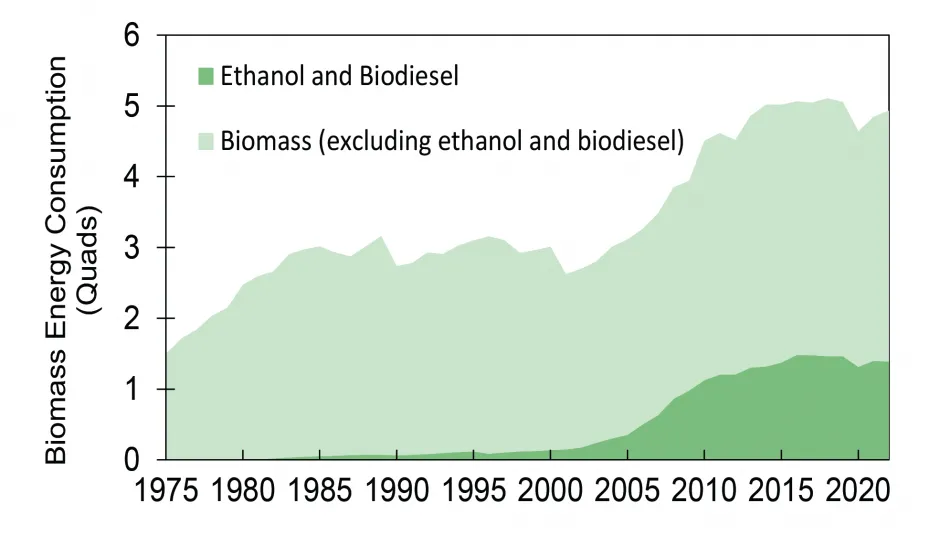
U.S. Renewable Energy Factsheet
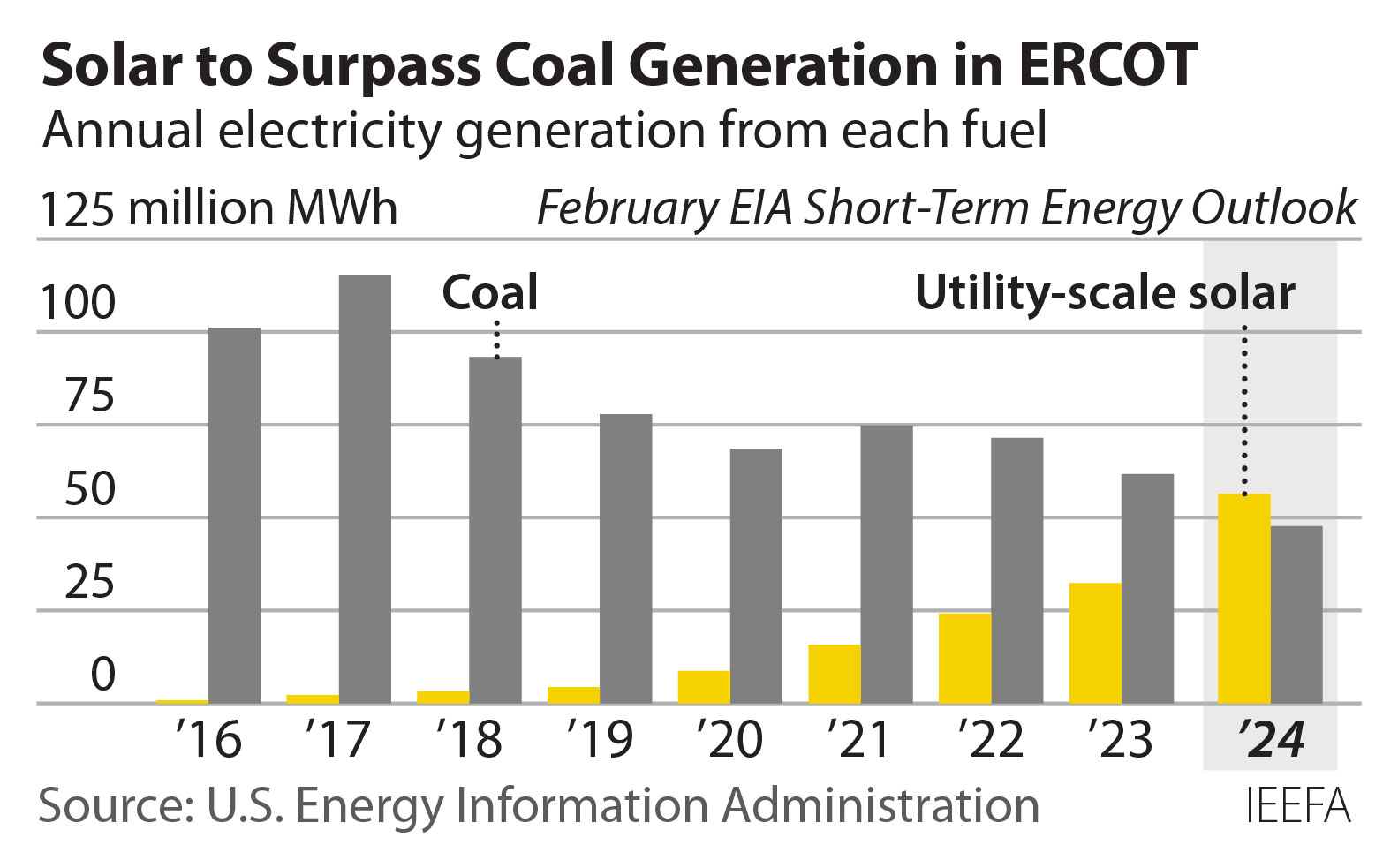
Momentous changes on the way in ERCOT as Texas renewable transition rolls on
Benefits of Green Energy – NIU Community
Renewable Energy MIT Climate Portal
Renewable energy Royal HaskoningDHV
Inside how wind and solar energy are being restricted across the US
 The new influencer (TG Bodysuit / Skinsuit) by skinandmasks on DeviantArt
The new influencer (TG Bodysuit / Skinsuit) by skinandmasks on DeviantArt- 1957-1982 Chevrolet Corvette Ignition Shield Bracket/Heat Shield Bracket Bolt - CA
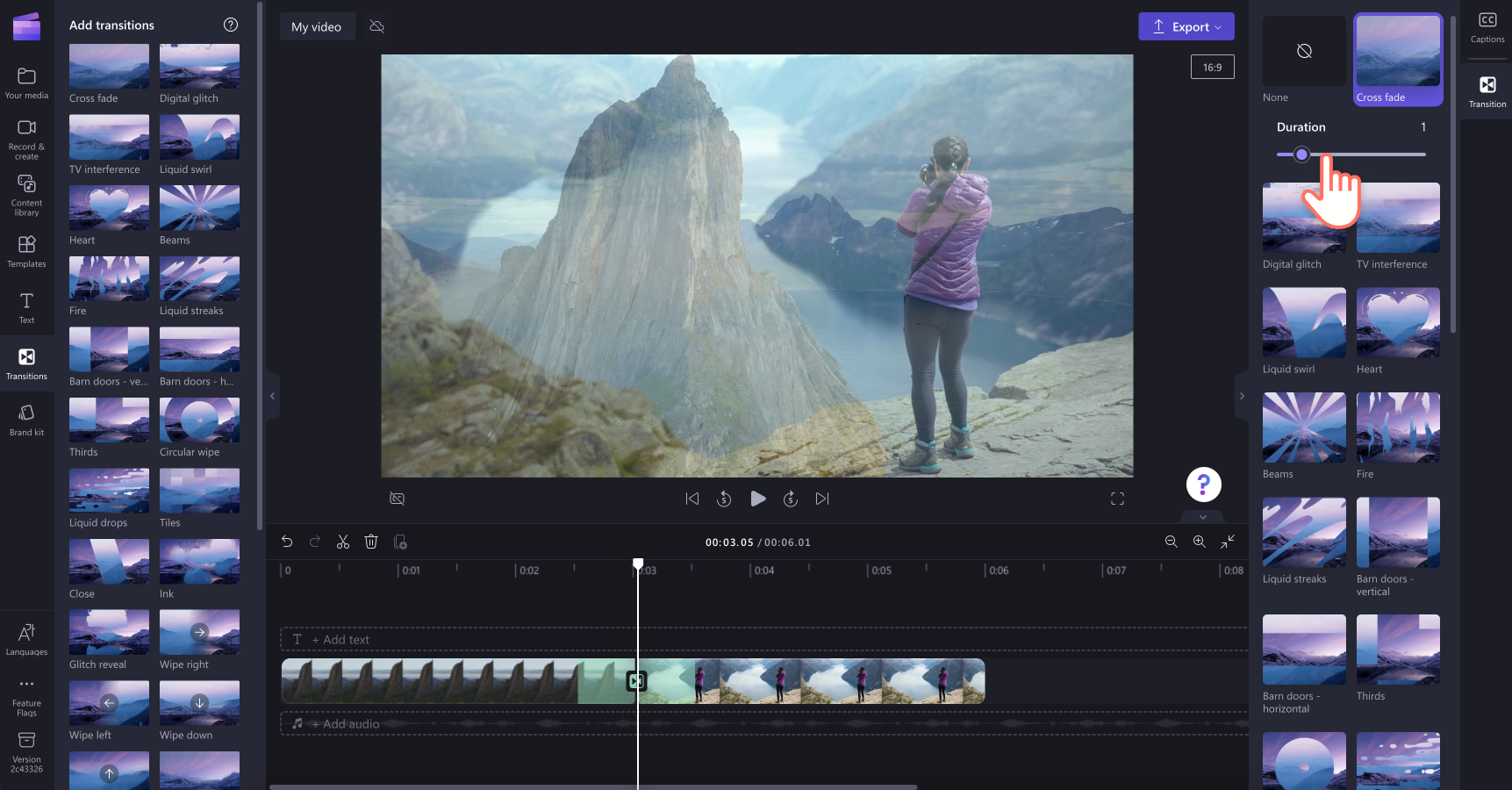 How to add transitions to videos and slideshows
How to add transitions to videos and slideshows UNIQLO army green, ultra stretch active jogger - Depop
UNIQLO army green, ultra stretch active jogger - Depop Niepce Inc Japanese Streetwear Embroidery Graphic Sweatshirts Mens
Niepce Inc Japanese Streetwear Embroidery Graphic Sweatshirts Mens Premium Quality Polyamide Fabric Material Upholstery Fashion Crafts Clothing
Premium Quality Polyamide Fabric Material Upholstery Fashion Crafts Clothing
